The Qoin ecosystem to help restore Moreton Bay
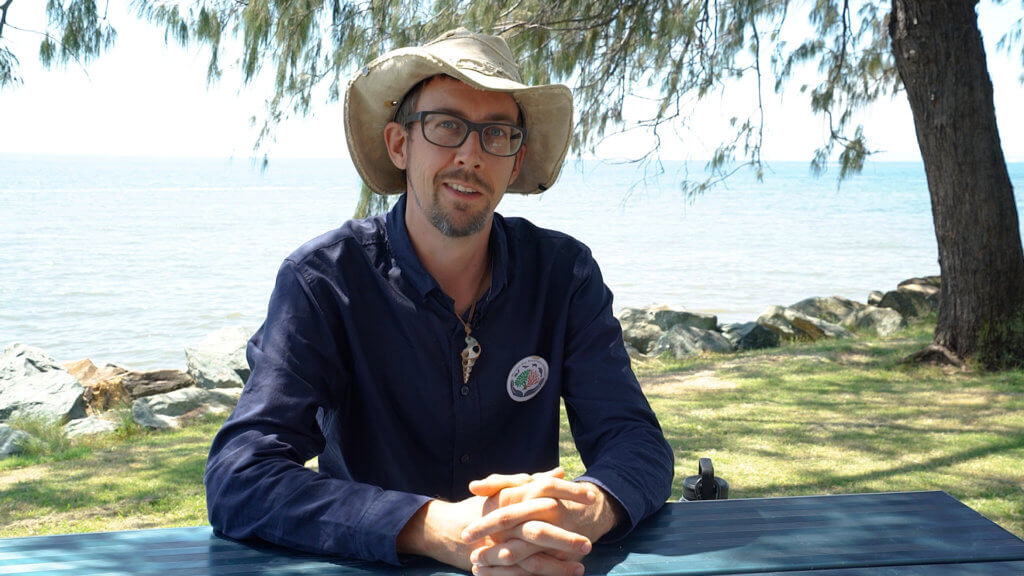
Fascinated by an array of animals from visits to the zoo as a child in the United Kingdom, Dean Philpot was drawn to native Australian animals which helped him fall in love with our country.
As a youngster, Dean began building nest boxes for birds and cleaning fishponds during the school holidays with local nature groups. Even from childhood he was destined to make a lasting impact on the planet.
Seven countries later, he has poured his heart and soul into nurturing and caring for the environment, and now he wants to make a real difference in Moreton Bay which he considers ‘home’ with the help of Qoin.
Two years ago, Dean founded the ambitious Moreton Bay Restoration Initiative which unites community, land, and ocean based restoration to reconnect local people with their environment to enact positive change.
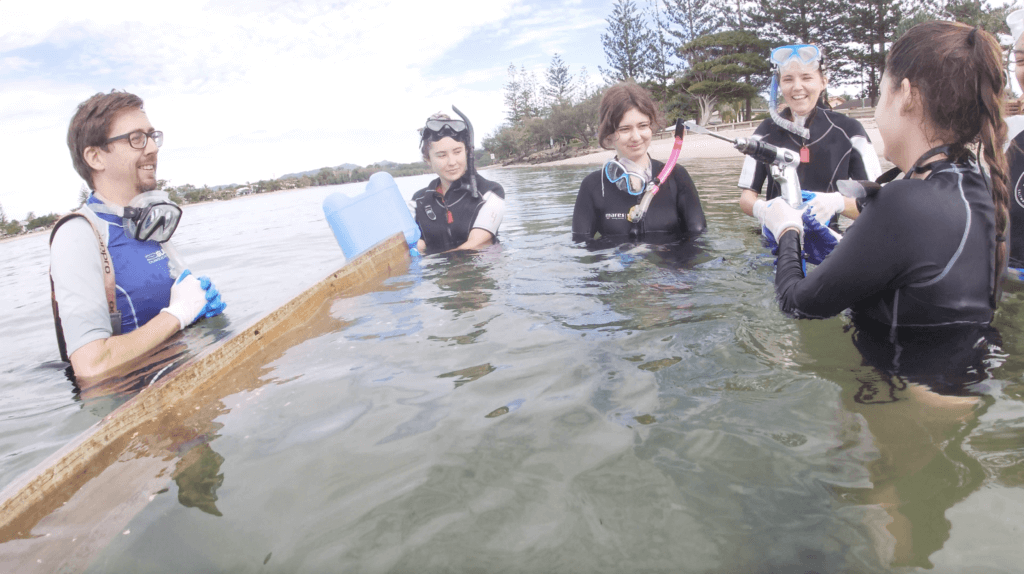
“The exciting thing is that the initiative is just beginning, and the best is yet to come,” Dean said recently, along the shoreline of Scarborough, Redcliffe.
Qoin was attractive to me because it stood out as being different – there’s a lot of benefits, especially to new start-up organisations trying to do something unique,” he added.
Describing his environmental career as a puzzle piece, Dean jet set around the world to the Caribbean, Seychelles, Southeast Asia, and Central America where he worked as a park Ranger.
Out of sheer enthusiasm, he has gained a wealth of knowledge in coral reef restoration and tropical coast management. With this wisdom, he has a big vision for Moreton Bay which he hopes will come to life through the power of Qoin.
“There are over 400 species of coral alone in Moreton Bay behind me here, that is more than the Caribbean.”
Dean strongly believes that donations from the Qoin community could help local businesses protect themselves from climatic events if not offset their impact through planting natives. Qoin donations can also be provided by people or families to help restore our areas of precious coral, mangroves, seagrass or dunes, all whilst protecting local homes. This would also support the community to become more resilient by providing ongoing education programs and create local jobs that for instance pay for a bus to bring school kids out to Moreton Island, to learn about our natural environment and restoration through tree planting.
“The Qoin community can help teach school children about biodiversity and environmental impacts in their local area.”
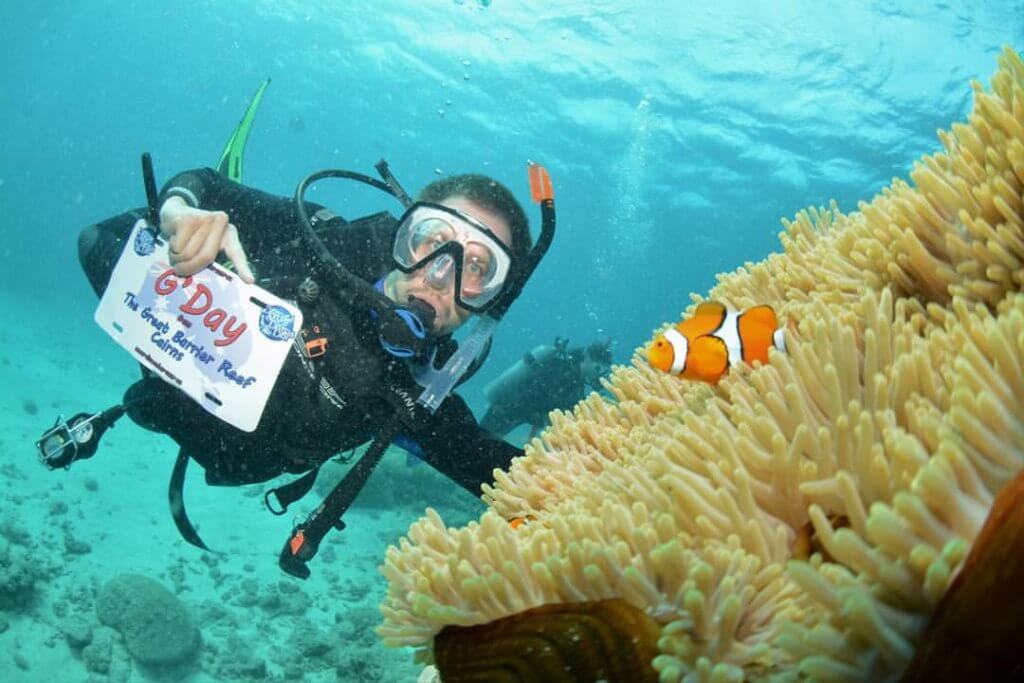
Earlier this year, the Moreton Bay Restoration Initiative faced a new challenge raising some of its toughest questions yet.
The Brisbane floods devasted the region, more than 10 million tonnes of sediment, mud, and debris washed down the Brisbane River – an estimated five times more than the 2011 floods which locals described as an “inland tsunami”.
“Five polystyrene pontoons, all over six metres washed ashore on the Redcliffe Peninsula and broke apart which our native animals like sea turtles and dugongs can choke on.”
Dean wants people to have the freedom to choose how they want to connect and contribute to restoration projects, whether that be through creating native friendly gardens, volunteering in the field, or donating with Qoin.
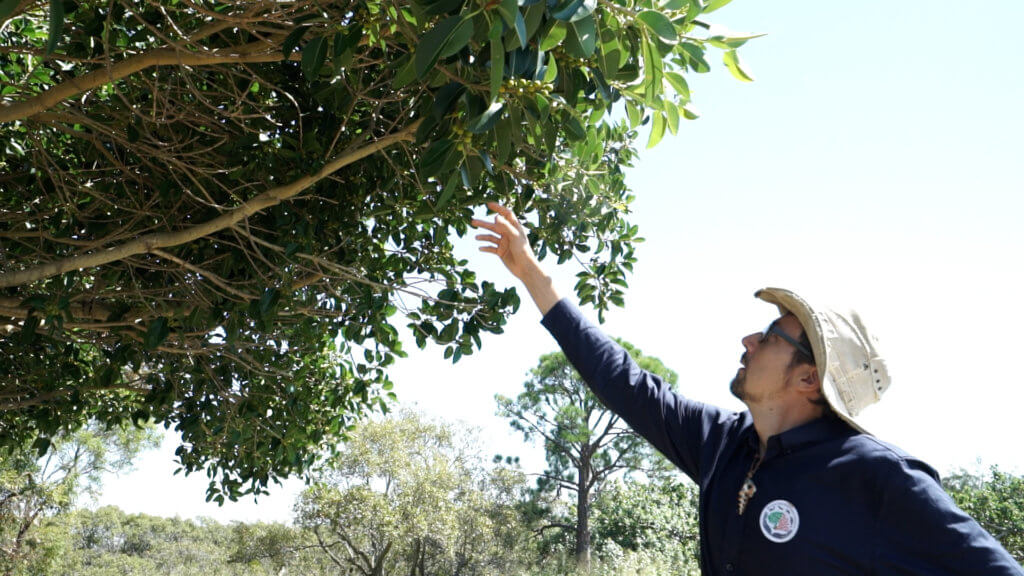
“Qoin is a useful tool for people to donate with rather than fiat currency. I see Qoin as another avenue for businesses to interact with me.”
“I’ve received a few Qoin donations already, consumers can spend their Qoin with peace of mind knowing that they’re making a difference.”
To donate with Qoin or to get involved with the initiative, please visit https://linktr.ee/MoretonBayRestoration
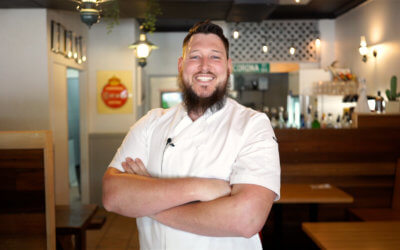
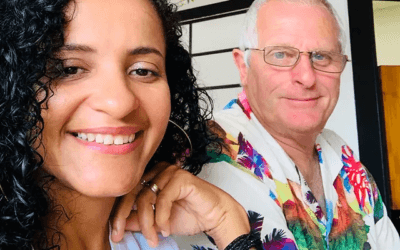
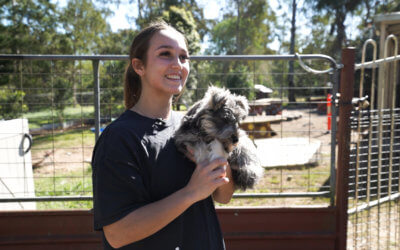


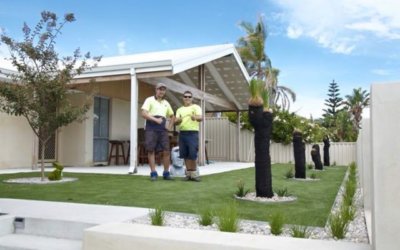
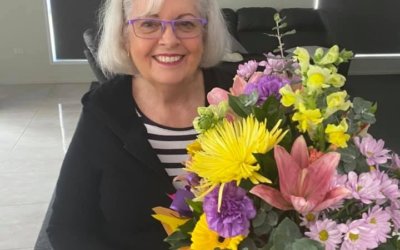
Recent Comments